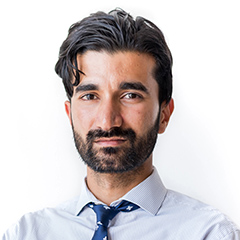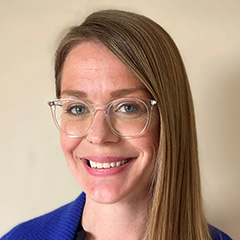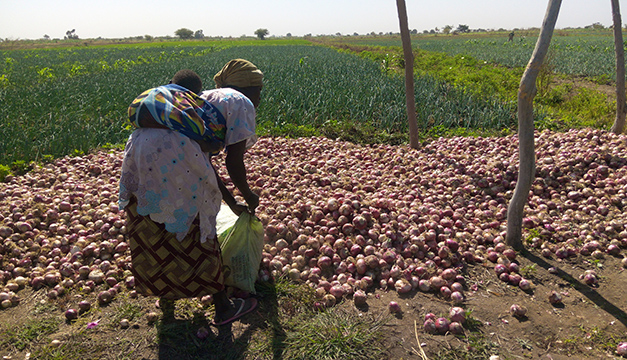Project Overview
We are evaluating the Millennium Challenge Corporation’s efforts to increase the productivity of industrial and rural land in Morocco by supporting legal and procedural land reform, providing land titles to men and women smallholder farmers, and building and improving industrial zones.
MCC is committed to a culture of rigorous evaluation, and this project is evaluating whether developing a more efficient and equitable land titling process for smallholder farmers (including women) and increasing access to high-quality industrial land will improve the overall economic efficiency and productivity of land markets in Morocco.
- Global Land Alliance
- C&O Marketing and Chezeen Business
Millennium Challenge Corporation
The project aims to increase land productivity by providing land titles for farmers on collectives, and building and improving industrial zones. It also aims to support national land policy reform that includes updating and improving land laws, regulations, and administrative processes related to land governance. The evaluation aims to assess the underlying theory of change of the Land Productivity Project and evaluate whether the land activities produced the intended outputs and outcomes. The project consists of three activities: (1) the Land Governance Activity, (2) the Rural Land Activity, and (3) the Industrial Land Activity.
The Rural Land Activity will focus on delivering land titles to smallholder farmers by developing a more efficient and inclusive procedure for converting collective land into individual private ownership—a process called melkisation. The activity also supported legal reforms implemented by the Government of Morocco that ensure equitable access to the benefits of collective land for both men and women. Mathematica will conduct a mixed-methods performance evaluation and an impact evaluation using a spatial regression discontinuity with matching design. We will evaluate whether providing smallholder farmers with land titles improves tenure security, access to credit, land productivity, income, and the frequency of land transactions and conflicts. Mathematica will also assess the program’s impacts on female farmers (who have historically faced challenges to accessing and claiming rights to collective land), and measure perceptions and social norms around female land access and ownership using questions from the Women’s Empowerment in Agriculture Index. Baseline data collection will include a household survey, key informant interviews, focus groups, and crop cuts to measure yield. The Industrial Land Activity will focus on introducing systemic changes to transform the development and management of industrial land. Mathematica will conduct a mixed-methods performance evaluation. We will evaluate whether developing and establishing a market-driven industrial land approach will increase the availability of industrial land, occupancy rates, job growth and employment opportunities, and the attractiveness of and returns on private investment. Baseline data collection will include key informant interviews and is expected to take place in mid-2021. The design for the Land Governance Activity has not yet been established.
Mathematica is working closely with MCC, the Millennium Challenge Account-Morocco and Moroccan government stakeholders as we build evaluation materials and collect data.

This evaluation will leverage innovative methods for estimating crop yields that combine information from the farmer’s field (crop-cut surveys) with remote-sensing methods to estimate agricultural yields over time. These methods are rapidly evolving and being improved as higher-resolution imagery becomes available, processing power improves, and best practices are refined. It is exciting to bring these cutting-edge methods to our evaluation, especially given the potential to track key outcomes of interest continuously over time and across a larger sample.
Evidence & Insights From This Project

Morocco Land Productivity Project: Evaluation Design Report
The evaluation report for the Morocco Land Productivity Project outlines the impact evaluation and two performance evaluations Mathematica is designing and implementing to address research questions on project outcomes, implementation, and sustainability for the Rural and Industrial Land activities.
Learn MoreRelated Staff
Let's make progress together
Partner with us at the intersection of data science, social science, and technology to progress from inquiry to insight to impact. Our evidence-informed solutions empower you to see clearly and act quickly.
See Clearly. Act Quickly.
From local to global challenges in health, human services, and international development, we’re here to improve public well-being and make progress together. Learn more about becoming a Mathematica client or partner.
Work With Us



